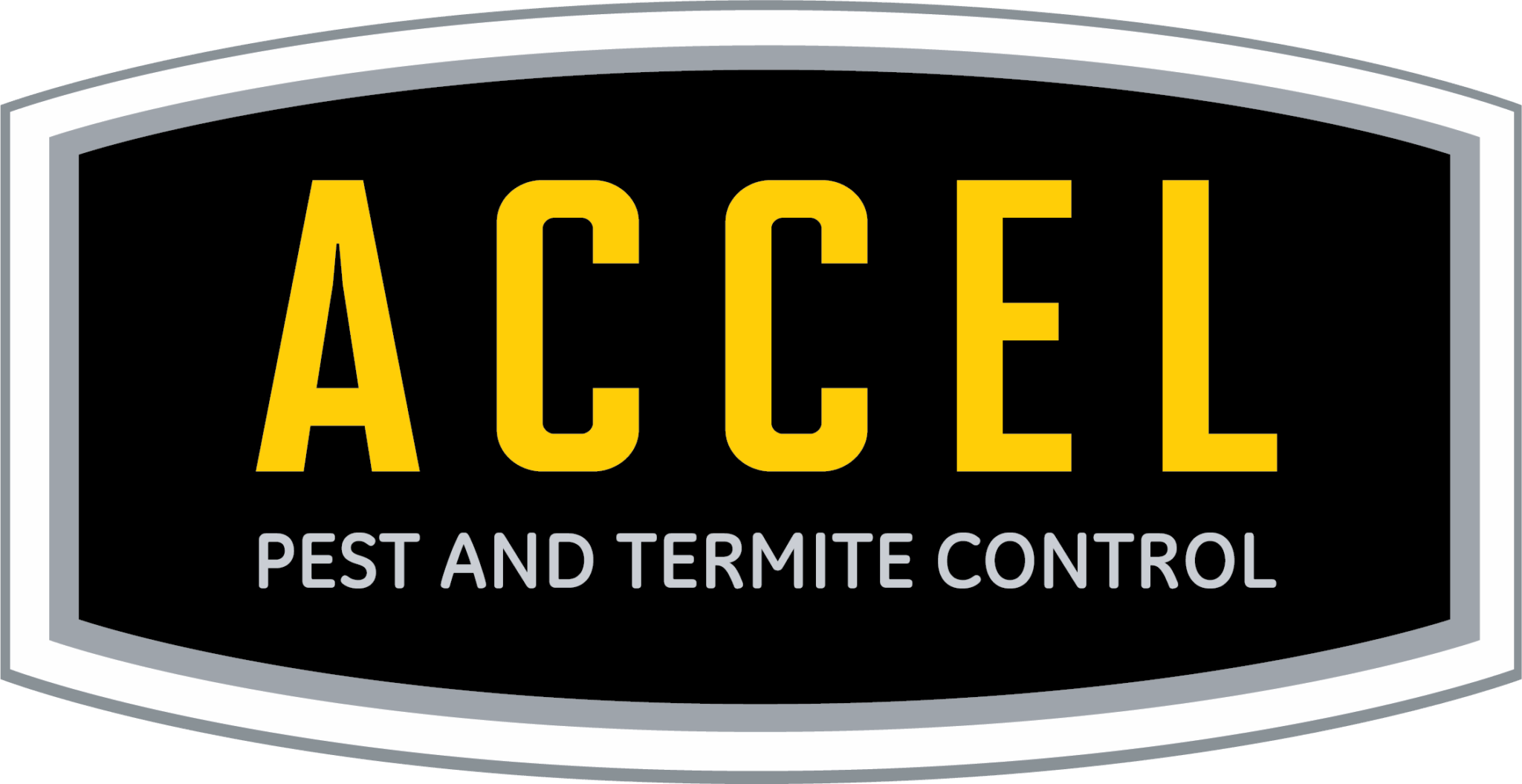How To Stop Ants From Getting Into Your House

Ants, tiny but mighty creatures, can turn your peaceful and comfortable home into an unwelcome battlefield. Whether you’re a homeowner or renter, dealing with an ant invasion is inconvenient and frustrating. Ants contaminate food and surfaces, and certain types can cause structural damage. Finding sustainable solutions to this common issue is essential for maintaining a clean and safe environment!
In this guide, we’ll explore everything you need to know about how to stop ants from getting into your house. From understanding ant behavior to identifying entry points and using natural repellents, we’ve got you covered. Discover practical tips to help you reclaim your space from these persistent and pesky pests.
Types of Ants Commonly Found in Homes
There are thousands of ant species worldwide, but only a few typically invade homes. Understanding the types of ants you’re dealing with can help you choose the most effective control methods. Common invaders include:
- Argentine Ants. Known for their large colonies and aggressive nature, these ants are often found in warmer climates.
- Carpenter Ants. These ants can cause significant structural damage by burrowing into wood to create their nests.
- Odorous House Ants. When crushed, these tiny ants emit a foul smell and are attracted to sugary foods.
- Pavement Ants. Common in urban areas, these ants live in cracks in pavement and foundations.
Ant Behavior and How They Find Their Way Inside
Ants are highly organized and operate within a structured colony. Their primary goals are to find food, water, and shelter, using pheromones to create scent trails that guide other ants to food sources. Some ants prefer to nest inside the house, while others build their nests outside and venture in for food. They are more active during warmer months when infestations are most likely.
How To Identify the Source of the Infestation
Spotting Entry Points
To effectively stop ants from entering your home, you must first identify where they’re coming from. Common entry points include cracks and crevices, where ants can squeeze through tiny gaps in windows, doors, and walls. Utility lines, such as electrical and plumbing, offer easy access for ants, while poorly sealed foundations and basements are prime entry spots.
Locating Ant Nests
Finding the nest is crucial for eliminating the entire colony. Look for the following signs inside and outside of your home:
- Trails of Ants. Follow the trail to see where it leads.
- Mounds. Outdoor nests often look like small dirt mounds.
- Wood Shavings. Carpenter ants leave behind wood shavings near their nests.
“It’s not uncommon for them [ants] to keep their nests right there where there’s a water source, some type of moisture, or it could be a small little pin drip leak.” The Director of Operations and Technical Director at Accel Pest and Termite Control, Jon Furdek, said.

Preventing Ant Entry
Sealing Entry Points
The most effective way to prevent ants from entering your home is to close all possible entry points. To do this, use silicone caulk to seal any cracks, crevices, and gaps in windows, doors, and walls. Check the condition of your window and door screens and repair any holes or tears. Consider installing door sweeps on your exterior doors to deter ants from gaining access.
Keeping a Clean Home
A clean home is a powerful deterrent against ants. Begin by properly storing your food in airtight containers and immediately cleaning up spills. Dispose of garbage frequently and use sealed bins. Remember, ants are attracted to the smell of decomposing food and organic matter. Regularly clean countertops, floors, and other surfaces to remove food residues that attract ants.

When To Consider Assistance From Professional Pest Control
Sometimes, despite your best efforts, ants can be stubborn. Knowing when to seek help can save you time, effort, and potential damage to your property. Here’s when you should call in the professionals for ant control:
- Large Infestations. If you see hundreds of ants or multiple nests, it’s time to get professional help.
- Recurring Issues. Experts can identify and treat the root cause if ants keep returning despite your efforts.
- Structural Damage. Professional intervention is necessary if carpenter ants are damaging your home.
What To Expect From Professional Services
Professional pest control services offer several advantages. You can expect a thorough inspection, during which experts will examine the property to identify entry points, nests, and the extent of the infestation.
“The first thing we do is a full inspection to see what’s going on inside. We ask the homeowner questions about how often they see them, where they see them, and how much they see,” said Furdek.
Anticipate targeted treatment plans specifically tailored to your unique situation. Plus, many professional services include follow-up visits to ensure the problem is resolved. This personalized approach can provide peace of mind and practical, long-lasting solutions, making you feel valued and understood.
Rely on Accel Pest and Termite Control for Ants in Your House
Dealing with an ant infestation can be challenging but manageable with the right approach. You can effectively halt ants from entering your house by understanding ant behavior, identifying entry points, and using natural, DIY, and professional methods. Remember, if the situation escalates, don’t hesitate to seek professional help.
Contact Accel Pest and Termite Control or call us today for effective and reliable ant control. Our seasoned experts are ready to assist you in tackling your pest problems. Find a service area in Ohio and Virginia, or browse our online blog for helpful pest control tips and tricks.
